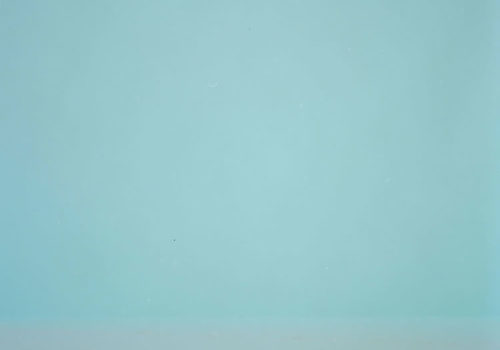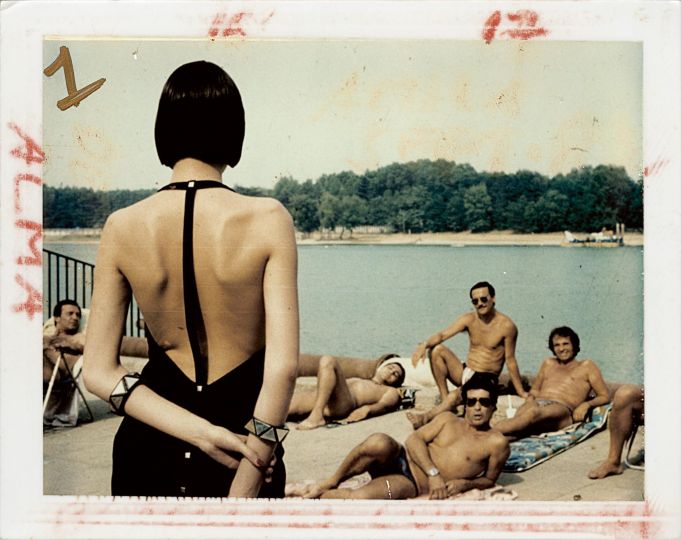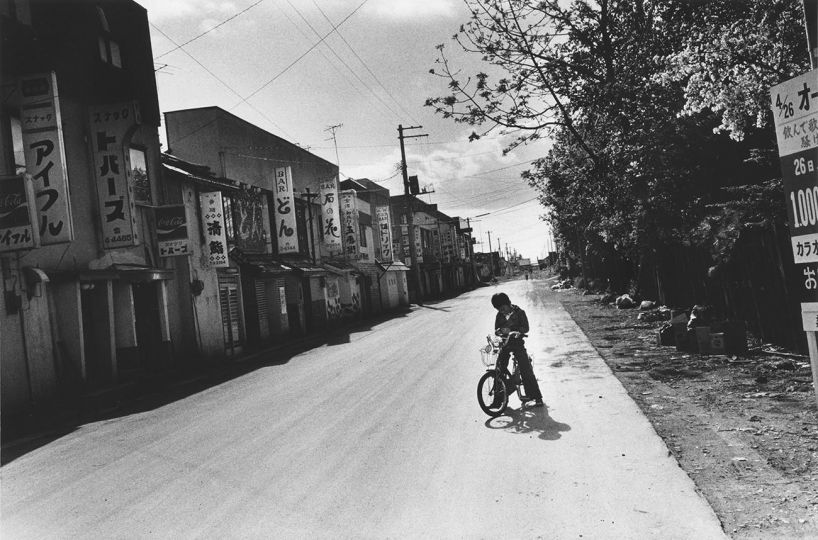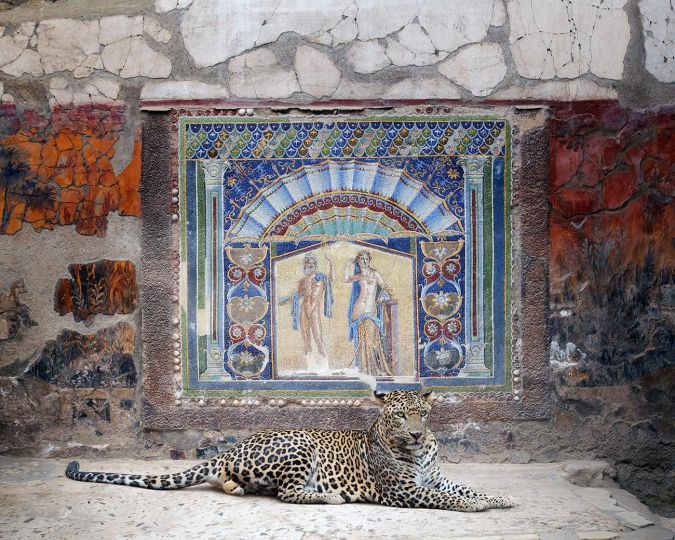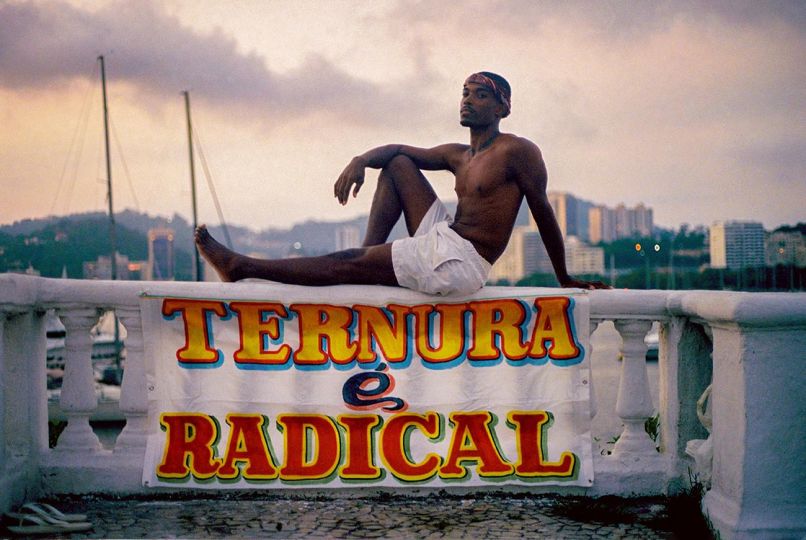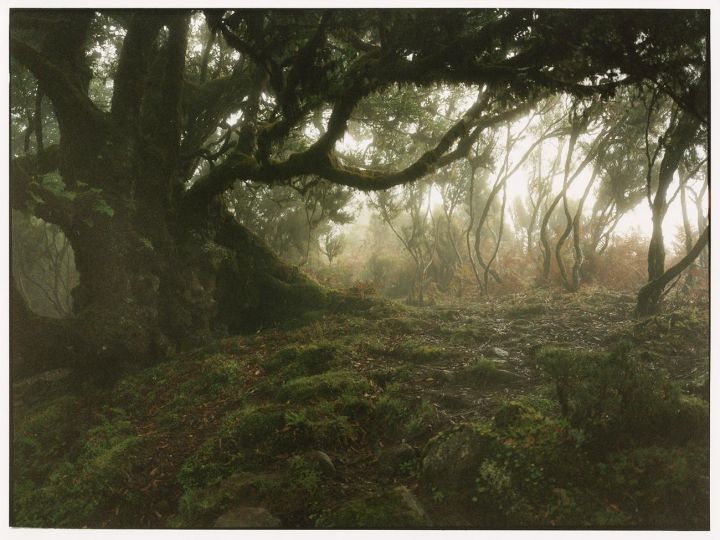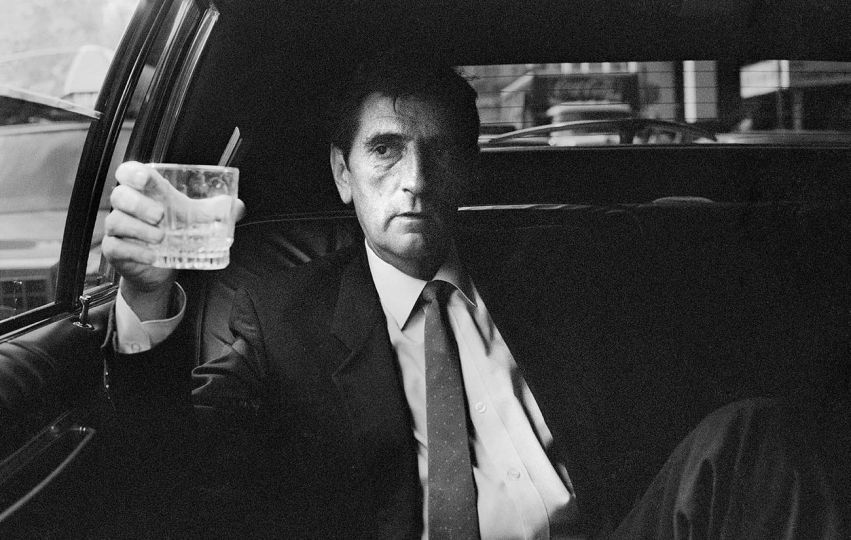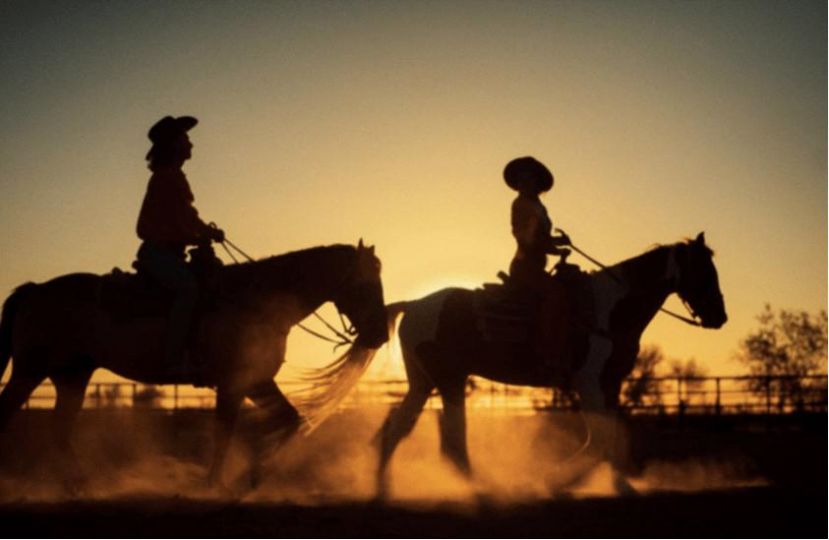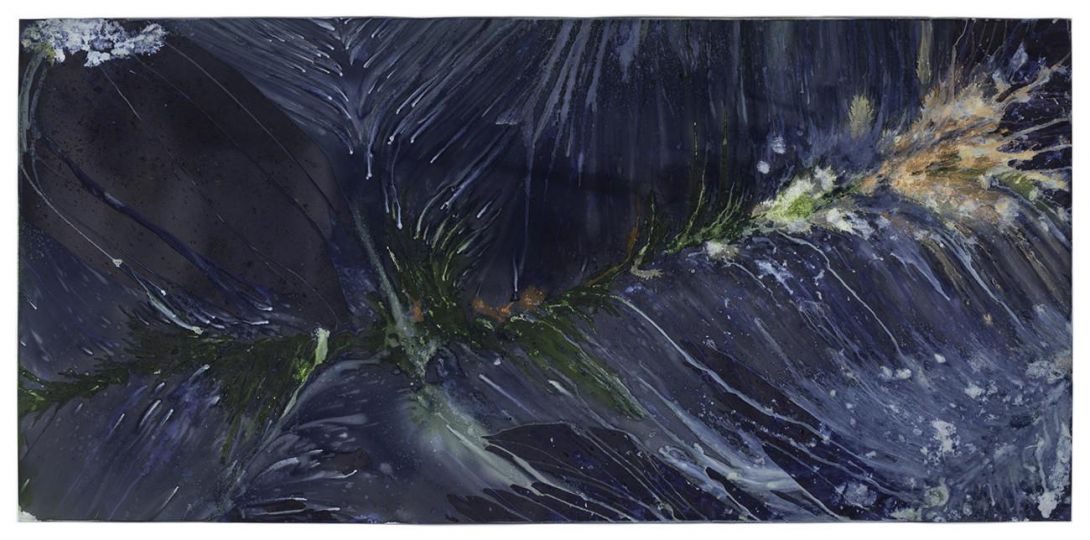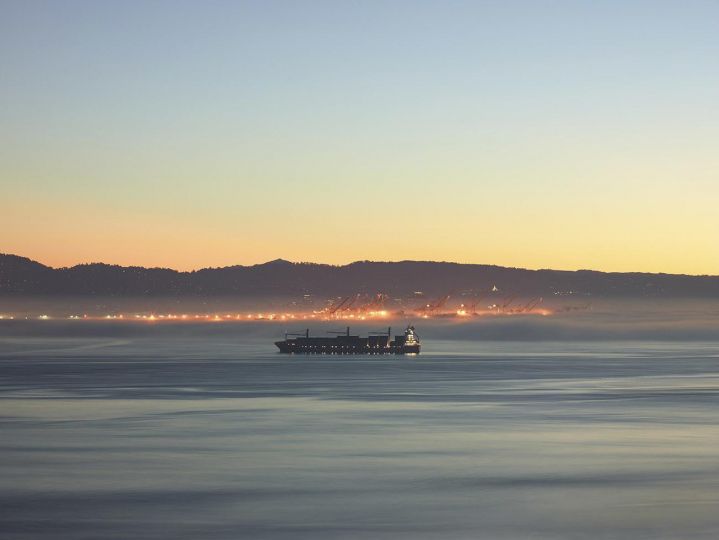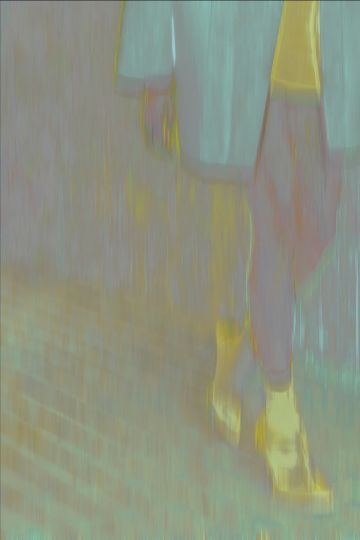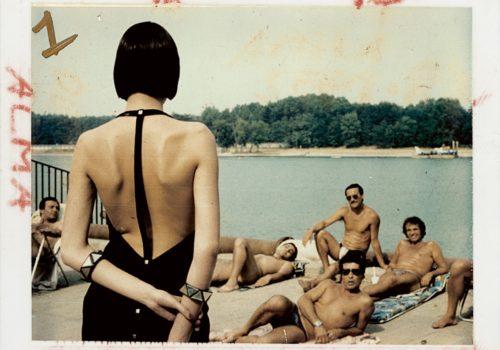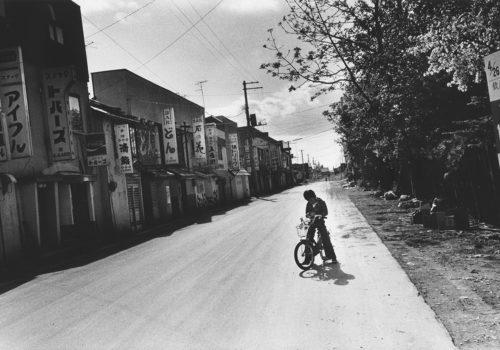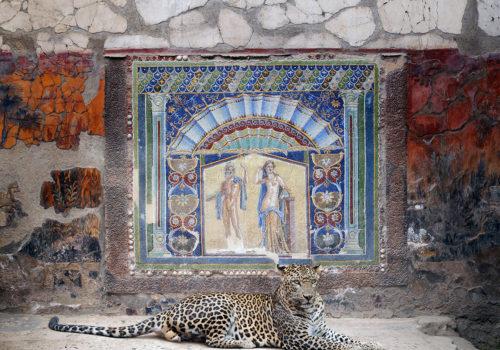Alexey Tikhonov was born in 1976, studied electronics and then philosophy. Nevertheless, after graduation main occupation was interface design of various sorts. In 1998 got interested in photography and in 2002 started to work professionally mainly as a photojournalist and since that time photography is my main interest. I prefer to use different techniques and visual styles working on different projects.
Adaptation
When the human eyesight adapts to darkness, the sensitiveness of the eye amplifies by a million times, but the process is very slow and takes hours. It is an exceptional experience afloat at night. At first there’s nothing but darkness, gradually the line of horizon emerges and the sea differs from the sky more and more. Darkness, having been flat before, acquires depth and the sight sinks into the newly formed space. But there’s no clarity, colors and details of day’s vision, only the sea and the sky ahead, and the only thing that looks more distinct, is the sense of presence of being in front of something unhuman.
In contrast with the eye, photographic film can accumulate the falling light, and when the still camera photographs while the eye is still adapting to the darkness, a photograph is registering the process. But if the vision has the limit of sensitivity, the photographic exposure is not limited by anything, and with the help of camera you can imagine, what would happen if the eye continued to adapt further, and the so maybe the effect of presence would be infinite.
Weekend portfolio selected by Philippe Garner.

